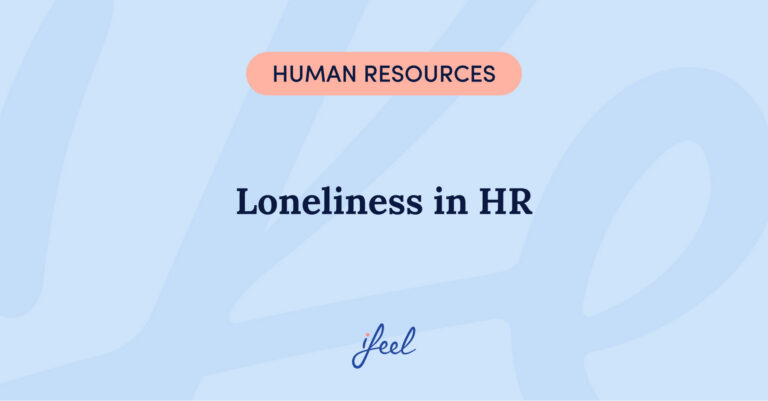Working towards objectives immediately refers to a strategic vision of the work organisation, which is, therefore, orderly and assessable. Instead of spontaneously discovering what level of results can be achieved at any given moment, concrete goals are set, combining ambition with realism, towards which efforts can be deliberately directed.
Thanks to this methodology, which is also very intuitive, it is easier to evaluate the resources used in each aspect of the work. More importantly, it is possible to objectively assess the progress of each employee, each team, each department, and, ultimately, the company as a whole.
Working towards objectives: with or without a deadline?
When discussing working towards objectives, we can refer to two different work contexts depending on the workers’ schedule: how many hours they work and how they are distributed.

1. Working towards objectives without a set schedule
In this context, workers do not have a specific schedule to adhere strictly to. They have goals and are paid precisely for achieving them, regardless of the time it takes. Therefore, it is the workers themselves who, with total or partial flexibility, organise their working time according to the goals set.
This model has certain disadvantages due to the lack of predictability or structuring of the workday, but it provides great flexibility to employees and, most importantly, superb efficiency. They do not dedicate more time to their work than the time strictly oriented to production, thus reducing the “dead” or “unproductive” hours typical of a more conventional work model.
2. Working towards objectives within a fixed schedule
This context is the most common in most companies since it is the traditional work model. The employee generally has a specific schedule (administratively associated with a full or part-time schedule) and is paid according to this schedule without prejudice to the possibility of receiving other bonuses depending on the achievement of objectives.
In this context, the available hours greatly influence each employee or team’s strategy when working towards objectives. It has the advantage that the working day is more structured and income is more predictable. However, it is a model that, especially in some sectors or positions, lends itself very much to an overextension of the schedule in practice (without reflection in income) due to the pressure to achieve the objectives set even though the available plan is insufficient.
How to approach work by objectives
Everyone knows that tasks are not approached – or experienced – in the same way when we have a limited timetable for accomplishing them as when we ourselves have in a sense all the power to decide how much time we will spend on completing them. Nevertheless, there are certain things that, more or less strictly speaking, we can take into account when working towards objectives if we want to maximise the probability of being efficient.
Thus, anyone who sets a personal or professional goal, or any manager whose tasks include organising the tasks of others, must take into account the main characteristics of a good goal:
| Objective | Description |
|---|---|
| Realistic | To work towards objectives efficiently, we must set goals that are ambitious enough to represent an advance in our performance and development, as well as that of the company. However, they must also be attainable enough to justify the investment of resources in them. |
| Measurable | One of the main advantages of working with objectives is that it makes processes easier to evaluate, allowing for corrections that increase the likelihood of reaching the set goal. Therefore, objectives should be designed to be measurable. |
| Scheduled | Objectives should have a time plan. Therefore, having a specific start date and an estimated completion date for the objectives is very helpful in focusing resources. |
| Meaningful | It is fundamental, but worth remembering: if what we aim to achieve is not important, significant, or useful in some way, why should we strive to achieve it as efficiently as possible? To work towards objectives correctly, what we do must matter. |

Mental well-being in large organisations
At ifeel, we believe that the important thing to support performance is to understand the advantages and disadvantages of different organisations of time and how that influences the results achieved by working towards objectives.
To assist in this process, our team of psychologists specialising in mental well-being has developed a mental well-being program for companies aimed at helping companies enhance employee engagement and boost productivity.
This collaboration allows HR managers to receive personalised, data-based advice on the most effective measures for detecting employee mental health issues and assessing the workplace climate. It’s the best way to understand their needs.
Moreover, ifeel’s corporate mental well-being solution offers employees a structured mental health care service tailored to their needs at any given time.
We hope you found this article on working towards objectives interesting. If you want more information about our mental well-being solution for companies, simply request it, and we will contact your team soon.











